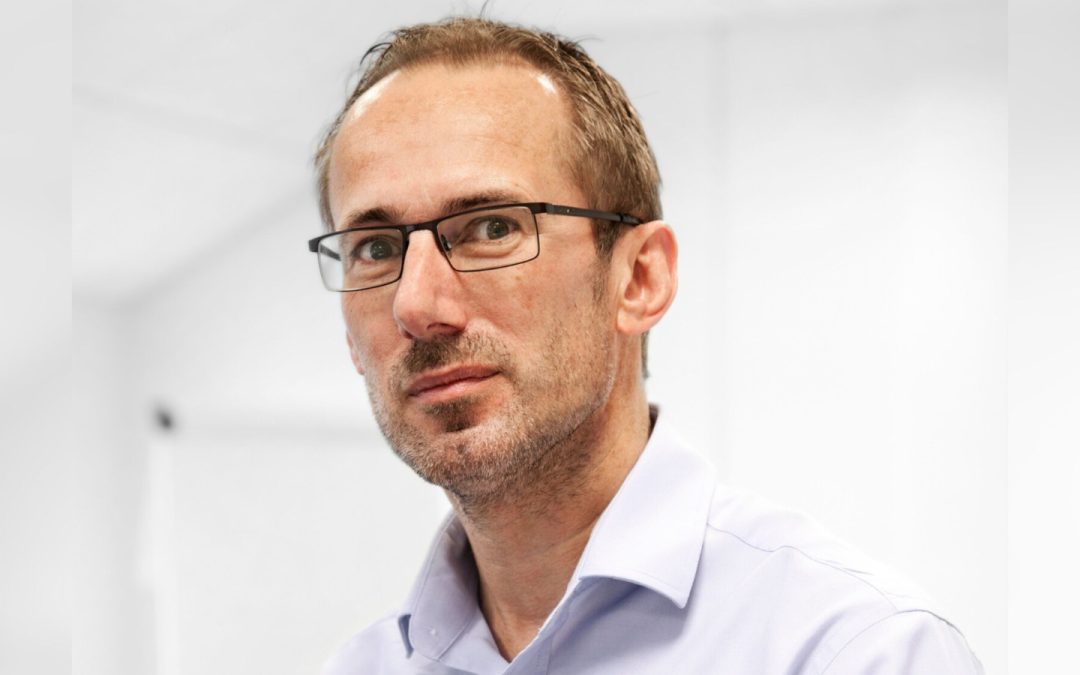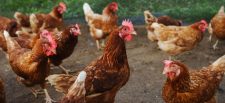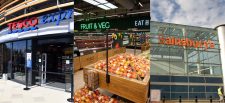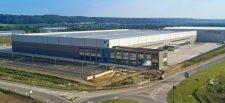Avara Foods, one of the UK’s largest food producers, has published it’s 2024 ‘For Good’ Responsible Business Report.
Following closely in the footsteps of their environmentally focused report, ‘Our Planet’, this report spans their whole responsible business agenda, highlighting a consistent year of progress on all fronts.
This report, it’s fourth under their responsible business brand ‘For Good’, summarises the targets, actions, impacts and progress of Avara and its supply chain over the last 12 months, divided into five core themes: Our Planet, Our People, Our Animals, Our Consumers and Our Communities.
Avara’s challenge has been to strike a successful balance across these areas, that enables consistent progress on all fronts. As the UK population nears 70 million people, providing a dependable supply of British food that is subject to rigorous oversight, continually improves upon sustainability, and takes care of both the people and animals, becomes even more critical.
Highlights from the 2024 report include:
- Our Planet: Reducing carbon emissions ahead of the target trajectory for our 2030 Science-Based targets
- 50% reduction in greenhouse gas emissions associated with packaging 2020-2023
- First poultry business involved in the BRC-Mondra coalition’s product level carbon footprinting pilot
- Our Animals: Best in class welfare performance
- Our People: Industry-leading gender inclusivity initiatives
- Our Consumers: Establishing true consumer insight and adapting to meet evolving needs
- Our Communities: Recognised by FareShare as a Leading Food Partner
The key to ‘For Good’, is to look holistically and consider the broader picture. Whilst making progress against narrow specific targets is easier, Avara’s said its success has been to achieve consistent results across the board. For example, consistent improvements in welfare outcomes have been achieved without increasing the environmental footprint and in farmer-friendly ways.
“Similarly, first-to-market packaging has reduced plastic use by 50%, but also supports process automation and the creation of skilled jobs, and suits consumers looking for less waste and more convenience in the kitchen. By focusing on efficiency and decarbonisation, carbon emissions are down, without adding cost to the business or consumers.”
Commenting on the progress, Avara’s CEO, Andy Dawkins said: “Our ability to still deliver against our Responsible Business commitments, whilst facing unprecedented market conditions, underscores our commitment to For Good, and the position it holds at the cornerstone of our culture. Clearly, this can only be achieved with the support and collaboration of our customers partners and the dedication and hard work of all our colleagues.”
“Our carbon emissions continue to fall ahead of target by focusing on efficiency and decarbonisation.”
He added: “We know that consumers want to buy healthy, high quality food, which has been ethically and sustainably produced, at a price that is affordable. Successfully navigating this balance and achieving progress across the board is an enormous achievement.
“What’s particularly pleasing, is that whilst we’ve made significant strides against our commitments, we have done so by maintaining progress across all For Good pillars. Our carbon emissions continue to fall ahead of target by focusing on efficiency and decarbonisation. Through the consistent delivery of incremental gains, our welfare performance is among the best in the industry, and we’ve driven sector leading inclusion initiatives through our work on the menopause.”
Avara’s progress has been achieved against a challenging economic backdrop and an unprecedented period of change for the business, which has completed a comprehensive restructure of its operations as it aligns to a market that has undergone its own structural transformation in the years following the pandemic.
In next year’s report, Avara said it will align its environmental reporting to the latest Flag standards, and re-baseline its SBTi’s using more accurate activity-based data, with approximately 81% of its scope 3 emissions now being calculated using this methodology.









